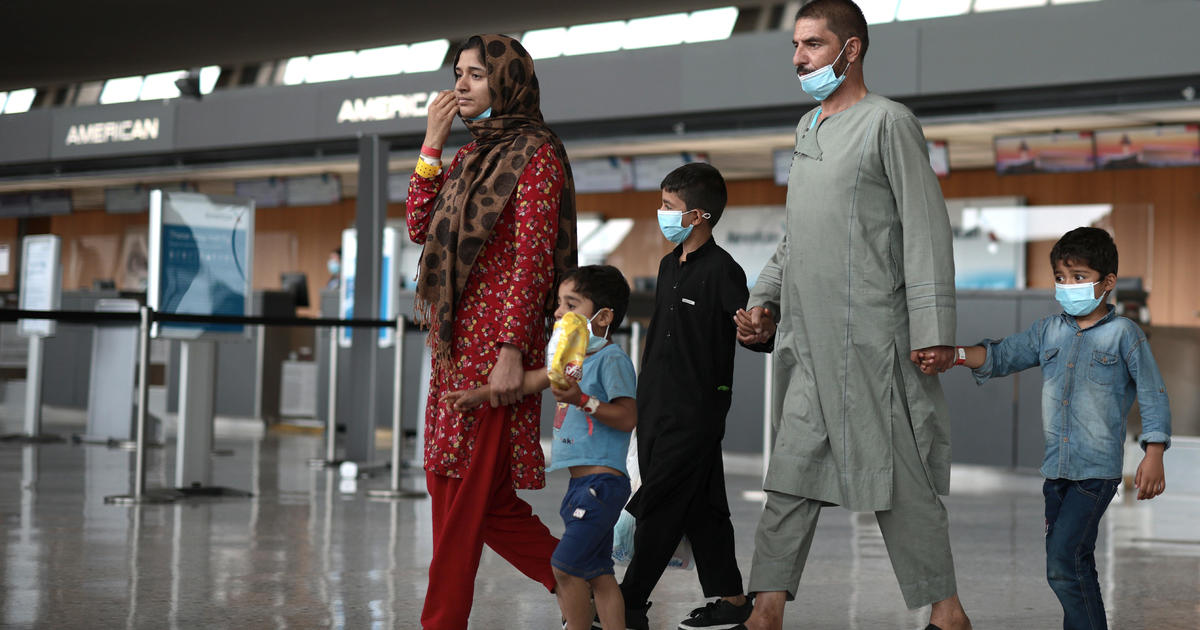
Tens of thousands of Afghans in U.S. could lose deportation protections unless Congress acts
CBSN
Washington — Tens of thousands of Afghan refugees who were evacuated to the U.S. after the Taliban takeover of Afghanistan in 2021 are at risk of losing their work permits and deportation protections this summer unless Congress acts, unpublished government data show.
Fewer than 5,000 of the 77,000 Afghans resettled in the U.S. under a special legal process have secured permanent legal status for themselves and their families, with efforts to make them permanent residents floundering in Congress, according to the Department of Homeland Security figures.
As of Feb. 12, the U.S. had approved just 4,775 applications from Afghan evacuees who requested asylum or a special visa status for those who aided American forces. Those who lack permanent legal status could lose their authorization to work and live in the U.S. legally starting in July without congressional intervention.
